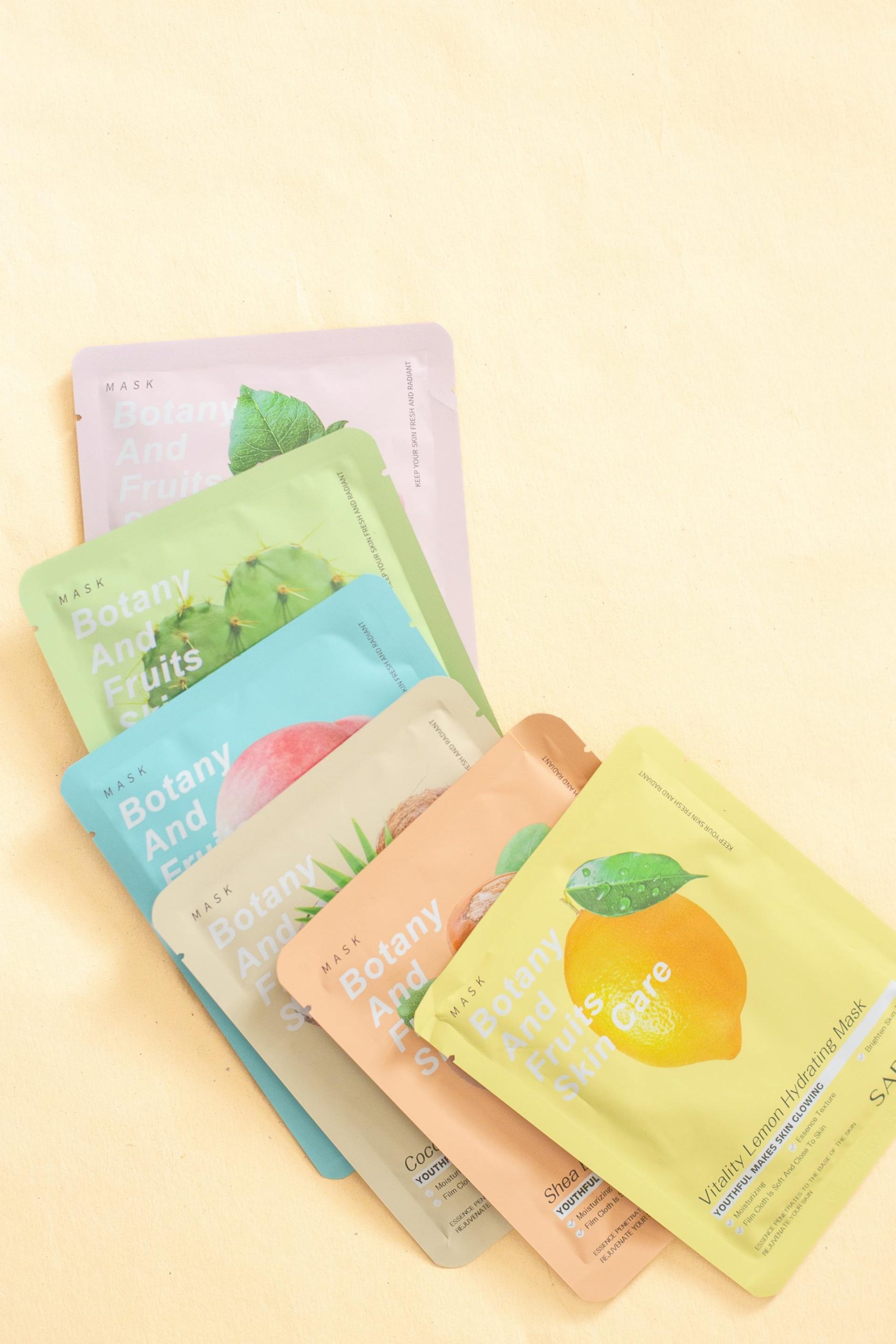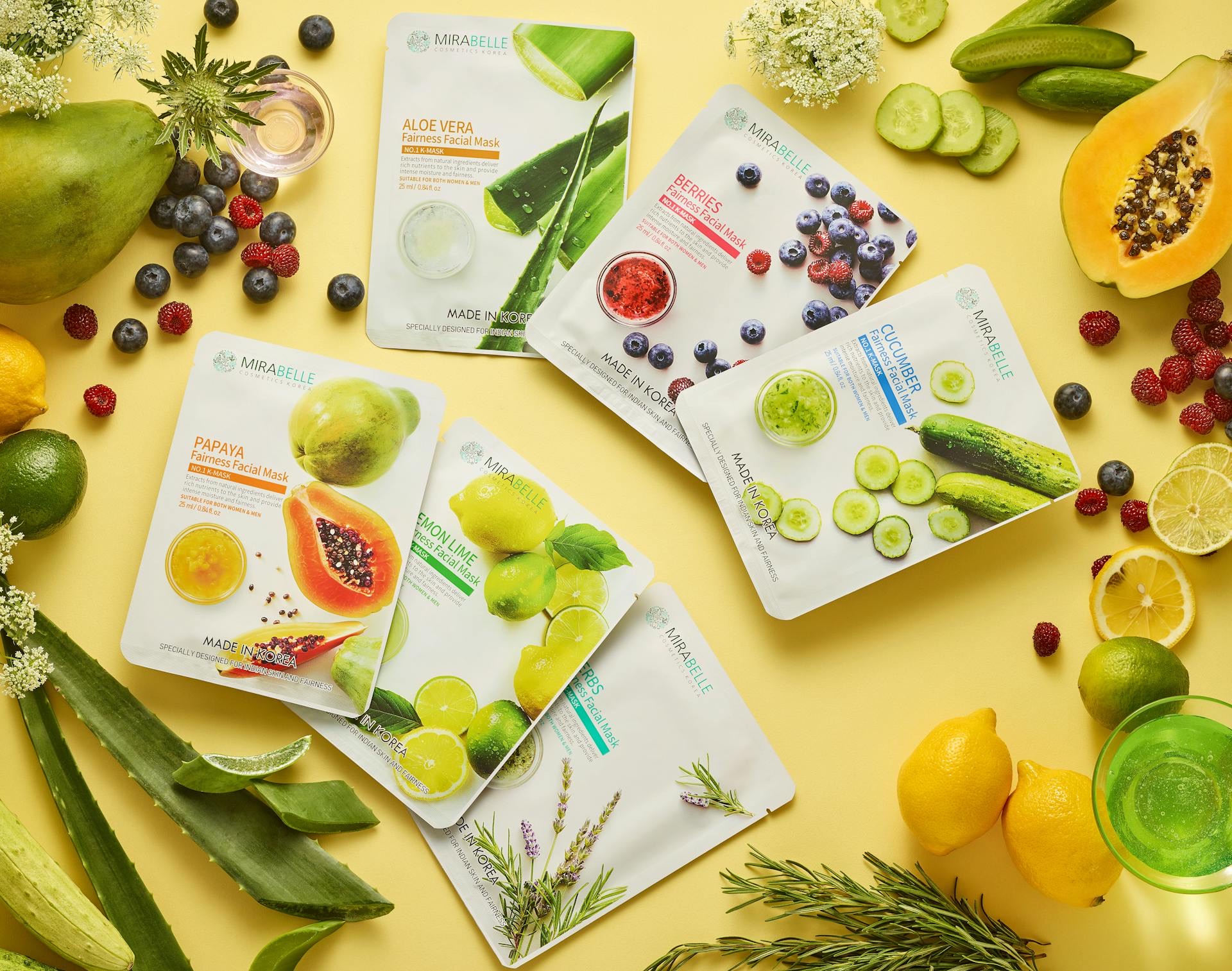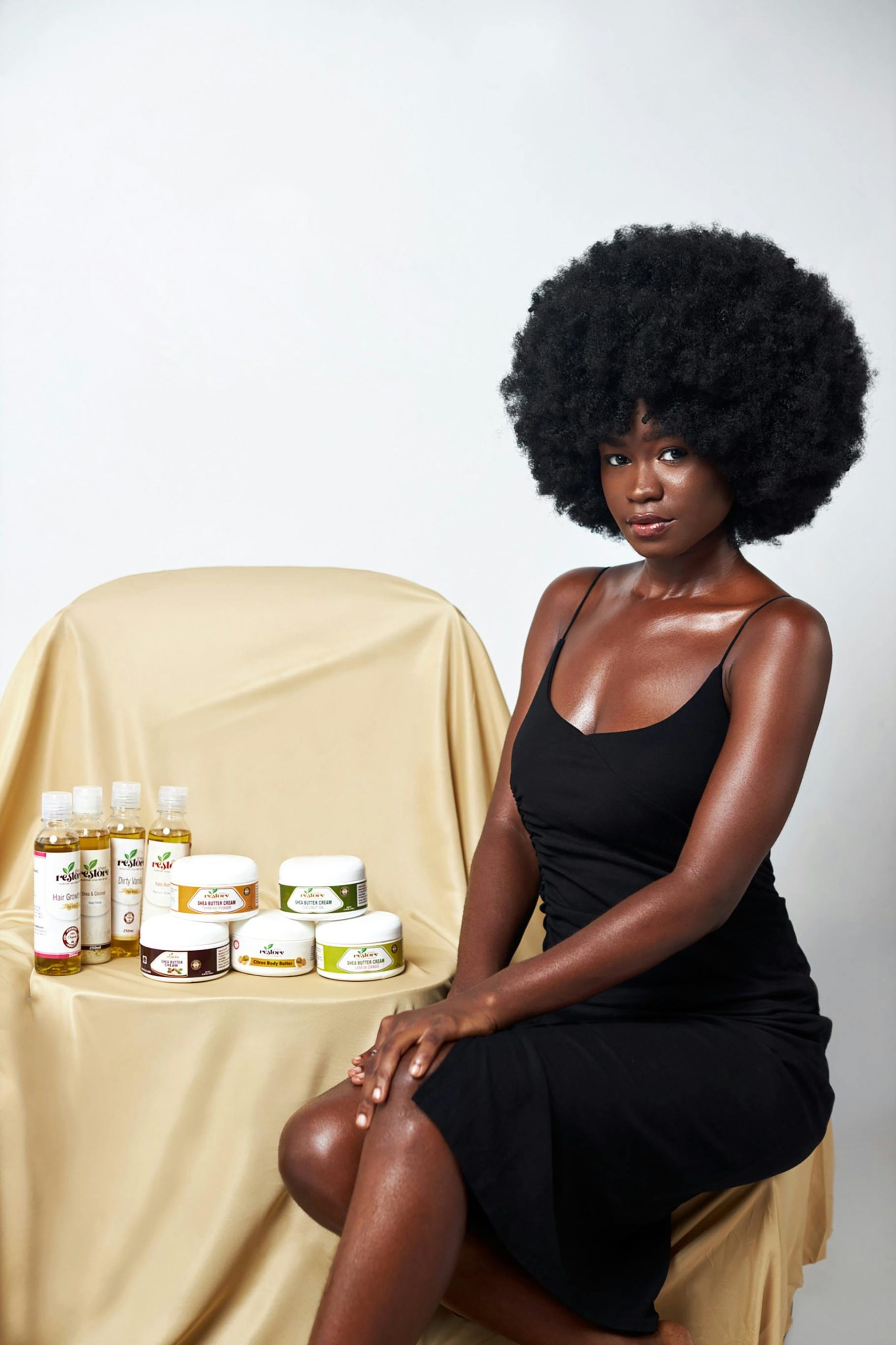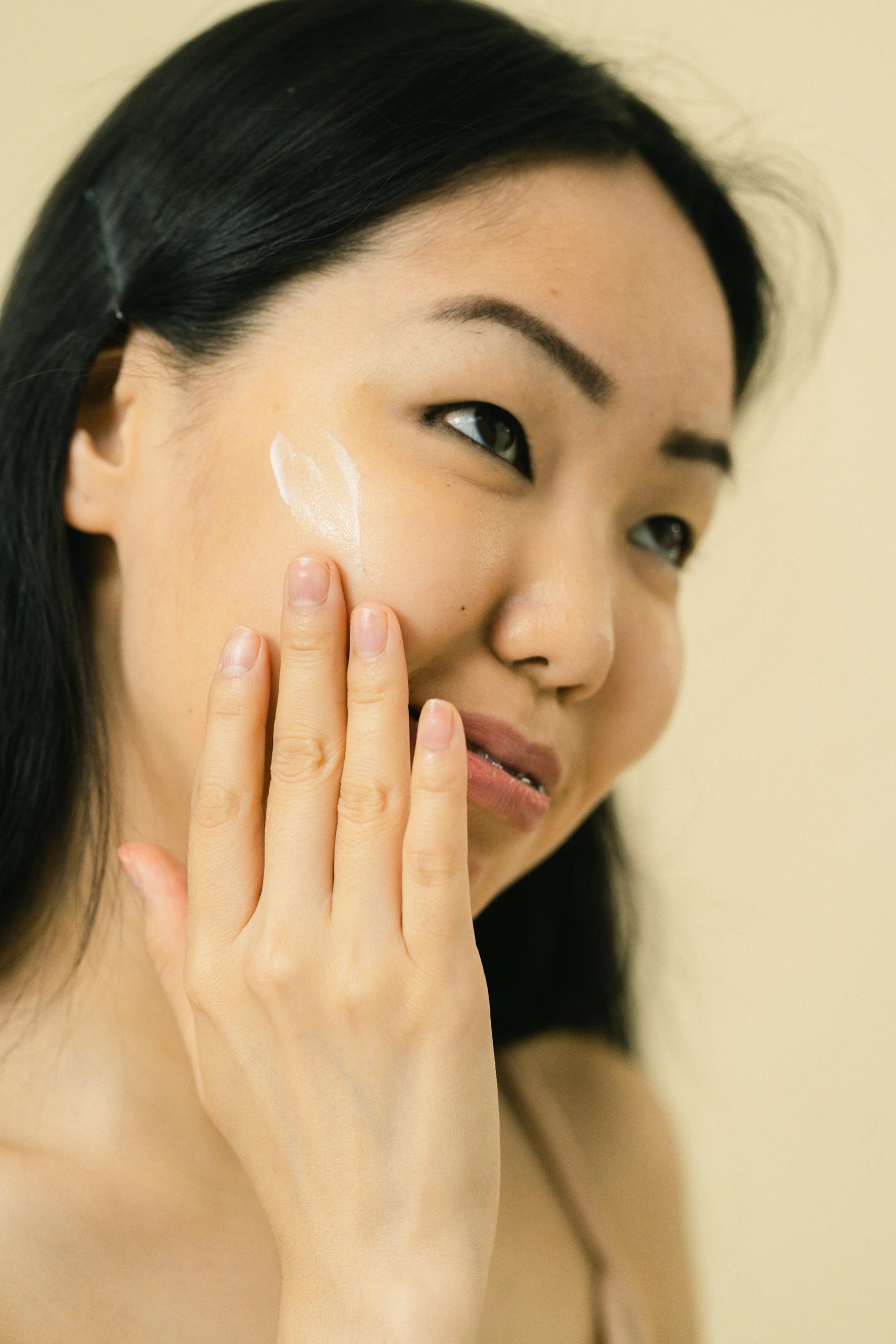From Korean skincare to African botanicals, diverse cultures are inspiring a more inclusive future

Beauty is no longer defined by one region or one standard. In today’s connected world, the industry is being reshaped by diverse traditions, ingredients, and techniques that travel across borders faster than ever. From Seoul’s innovative skincare to Lagos’ celebration of natural beauty, global influences are creating a richer and more inclusive landscape for consumers everywhere.
The Power of Korean Beauty

South Korea has been leading the beauty conversation for more than a decade. K-beauty’s influence introduced the world to sheet masks, cushion compacts, and multi-step skincare routines that focus on hydration and prevention. Beyond trends, Korean beauty brands emphasize gentle formulas, science-backed ingredients, and packaging that feels fun and approachable. The result has been a wave of consumers worldwide adopting a more thoughtful and ritual-based approach to skincare.
African Botanicals Take the Spotlight

Meanwhile, Africa is carving out its space in the beauty industry with powerful natural ingredients and heritage-based practices. Lagos, known as a rising fashion and beauty capital, is central to this movement. Ingredients such as shea butter from West Africa, baobab oil, and hibiscus are not just traditional remedies but are now key components in global formulations. African-owned beauty brands are highlighting these resources while promoting self-acceptance and a deeper appreciation for natural hair and skin textures.

Bridging Cultures Through Beauty
The beauty industry thrives on cultural exchange. Japanese beauty has influenced minimalism and “skin-first” philosophies, while India’s Ayurveda is inspiring holistic approaches that balance mind, body, and skin. Latin America has contributed vibrant color stories and plant-based rituals rooted in local traditions. Each of these influences has reshaped how people view beauty, moving it away from rigid ideals to something more fluid and personal.

The Role of Social Media
Platforms like TikTok and Instagram have sped up this cultural exchange. A skincare routine in Seoul can go viral in Los Angeles within hours, while haircare tips from Lagos can inspire audiences in London or New York. This rapid sharing has opened the door to trends that feel authentic, community-driven, and reflective of different identities. Consumers are no longer limited to what is popular in their local stores but can explore and adopt what resonates globally.
A More Inclusive Future
The growing appreciation for global beauty trends reflects a bigger cultural shift. Consumers want authenticity, inclusivity, and products that celebrate identity rather than erase it. Brands that embrace this diversity are not only staying relevant but also building trust and loyalty among people who see themselves represented.
From Seoul to Lagos and everywhere in between, beauty is becoming less about chasing one standard and more about celebrating many. This fusion of traditions and innovations is shaping an industry that feels more connected, creative, and inspiring than ever before.

